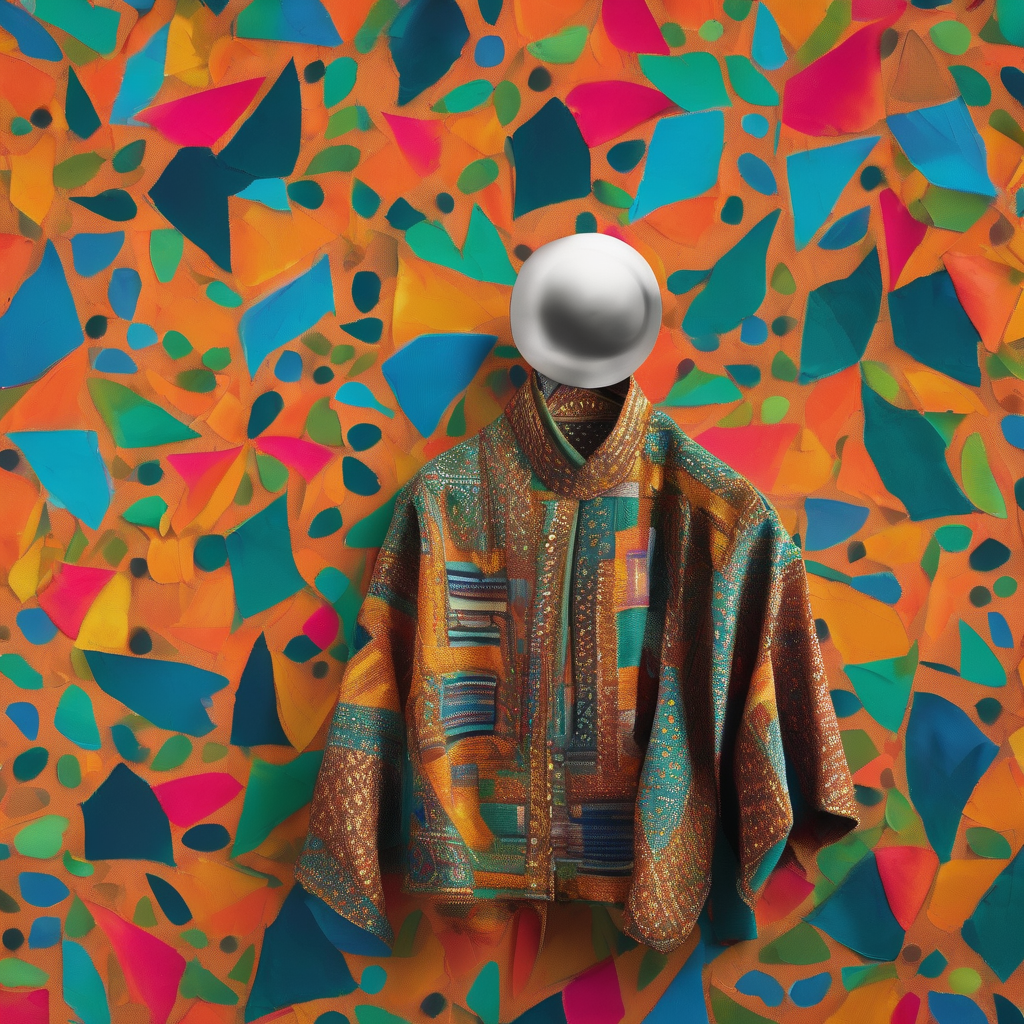Beyoncé and her husband Jay-Z have recently been photographed enjoying their time in Qatar, where the pop superstar has sparked discussions about her choice of attire during the visit. The couple was seen exploring the sights of Doha, with Beyoncé notably wearing a black hijab and sunglasses while shopping at a YSL store in Place Vendôme Mall.
The 44-year-old artist, who just completed her massive Cowboy Carter world tour, has received praise from some fans for her respectful gesture of donning traditional dress in the Muslim-majority country. One fan expressed admiration on social media, stating, “Beyoncé wearing abaya in Qatar is my new personality for the rest of the year,” highlighting her perceived humility and respect for the local culture.
However, the trip has also ignited controversy, with many critics questioning the ethics of her presence in a country known for its anti-LGBTQ+ laws and human rights issues surrounding women and migrant workers. Selena Maris wrote, “Beyoncé shopping in Qatar the same place slammed for human rights abuses? Guess ‘activism’ takes a break when luxury brands are involved.” Others echoed similar sentiments, raising concerns about the juxtaposition of celebrity glamour against serious social issues.
While Beyoncé attracted both admiration and criticism, Jay-Z was seen engaging with cultural heritage at the National Museum of Qatar, where he was involved in discussions about the country’s history. The museum welcomed him with a post on Instagram, celebrating his visit and the opportunity to share their national story.
This incident brings to light the ongoing conversations surrounding celebrity activism, particularly when linked to environments with known human rights critiques. Other celebrities, including David Beckham, have faced backlash for their associations with Qatar, especially during events like the 2022 World Cup. Beckham defended himself by stating that he had received reassurances of safety from the LGBTQ+ community, a claim that further stirred public discussion.
As discussions regarding the implications of celebrity presence in controversial nations continue, it becomes essential to engage thoughtfully with the intersections of culture, representation, and social responsibility.
